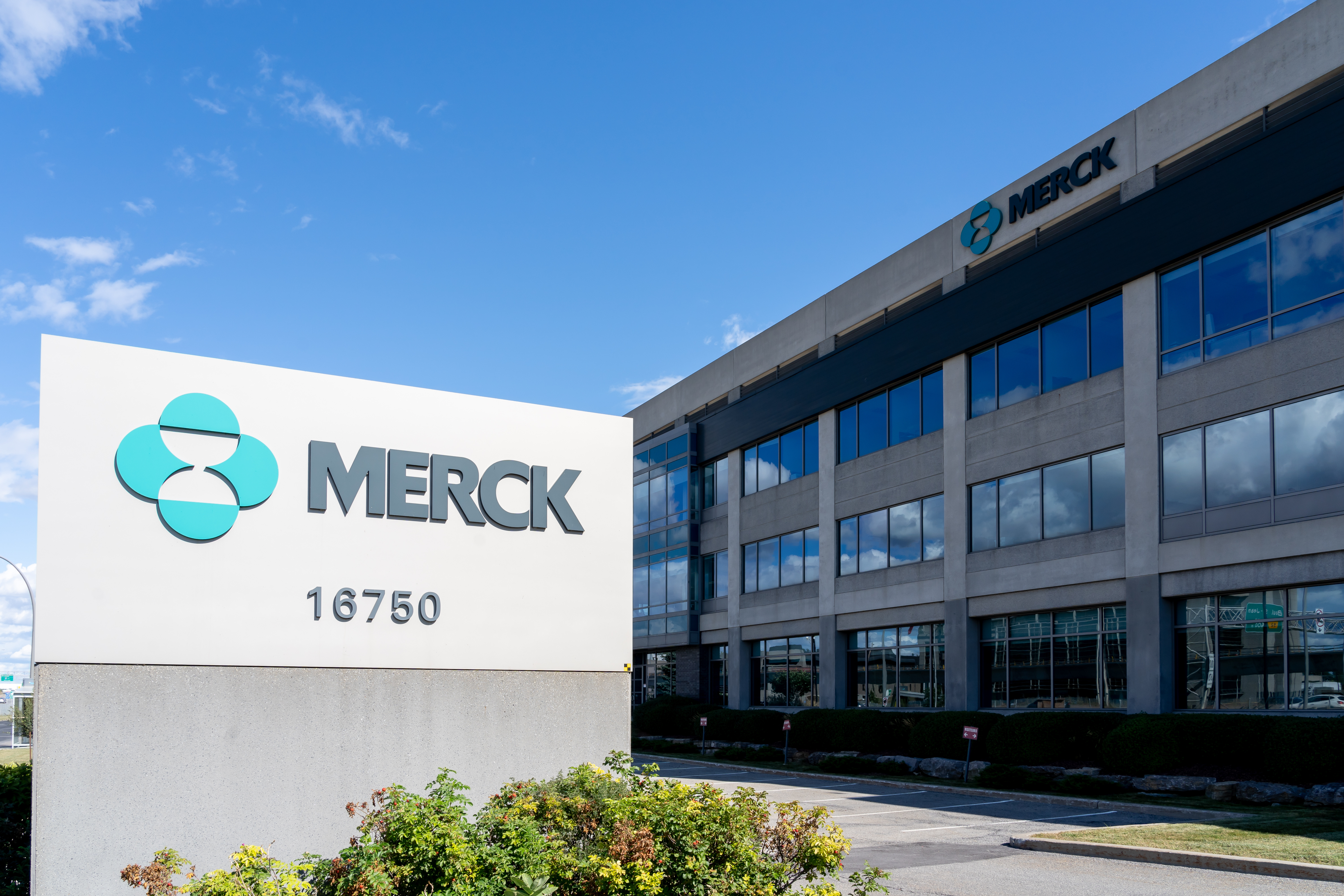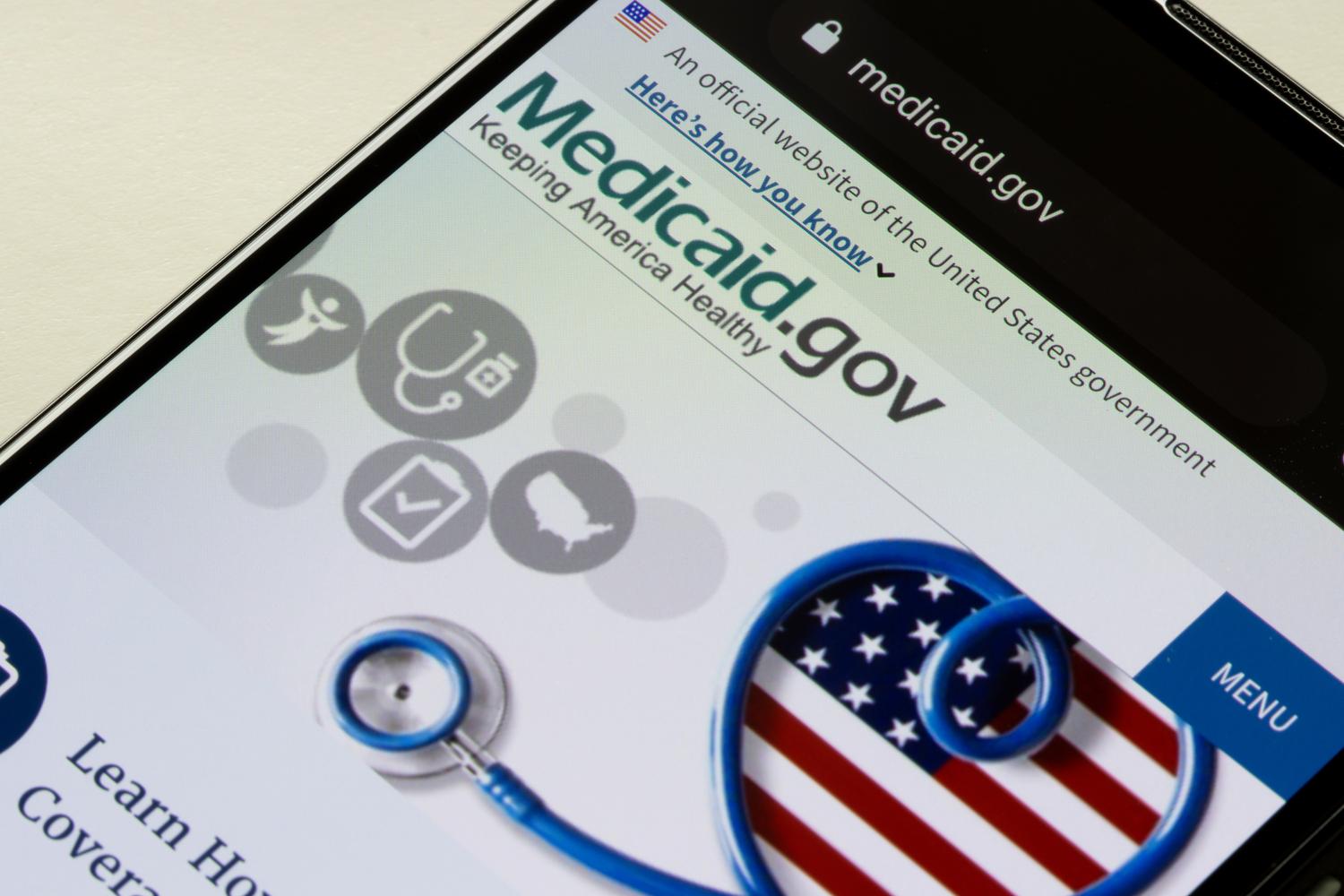U.S. Appeals Court Blocks Ruling That Overturned Free Preventive Health Care
A US Appeals Court has placed a temporary hold on a ruling by a federal judge in March that struck down preventive care coverage for medications, cancer and diabetes screenings, pregnancy and more
On Monday, May 15, 2023, a federal appeals court issued a temporary block on a lower court ruling that had overturned a provision of the Affordable Care Act. The provision, which mandated that insurers fully cover a range of preventative medical services, was initially struck down in March 2023 by a federal judge in Texas. However, the U.S. Court of Appeals has appealed the initial ruling, meaning that insurers will still be mandated to cover a number of preventive medical services - including screenings, HIV protection measures, certain medications and more - as the appeals process plays out.
Background
The Affordable Care Act (ACA), also known as Obamacare, is a health care reform act that was passed in 2010 with a goal of increasing health insurance coverage for the uninsured. As part of the ACA, insurers are mandated to cover a range of preventative medical services, such as screenings, certain medications and more. A group known as the US Preventive Services Task Force was tasked with deciding which preventive care treatments were required to be covered by Obamacare.
If a medical service received an A or B rating from the Task Force, the Affordable Care Act had to cover it. Some of those services included:
- Annual pap smears
- Diabetes screenings
- High cholesterol screenings
- Medications for heart disease prevention
- Screenings for breast cancer, colorectal cancer, cervical cancer and lung cancer
- Screenings and interventions for pregnant women
- Vision screenings for children
On March 30, 2023, US District Judge Reed O'Connor struck down the requirement to cover these recommendations, deeming them unconstitutional. Under his ruling, insurers would no longer be required to cover those services for free. Instead, the cost of the services would depend on each individual’s copay and deductible.
However, on May 15th, 2023, O'Connor's ruling was struck down by the U.S. Court of Appeals. Depending on how the appeals process plays out, the matter may end up in front of the Supreme Court to determine if insurance companies must continue to cover these preventative services at no cost to the consumer.
What kind of impact will this have?
Data suggests that the ACA’s coverage requirements had a major impact on preventative care access and affordability - people were more likely to seek preventive care when it was covered for free by insurance.
For example, mammography screening for breast cancer prevention among African Americans significantly increased after ACA implementation. There was also an increase in BRCA genetic testing, a service that helps identify women who are at a higher risk for breast cancer and ovarian cancer.
If this ruling is upheld, it could have serious ramifications for the 150 million people who are insured under the Affordable Care Act. Losing critical access to preventive healthcare services has serious consequences for Americans.
Why is access to preventive care so important?
Preventive care is incredibly important when it comes to maintaining good health and preventing chronic health issues such as heart disease (the leading cause of death in the U.S.), hypertension, diabetes, stroke, obesity and cancer. It can also help to highlight environmental factors, disease agents and lifestyle choices that could cause or exacerbate these illnesses.
Additionally, regular screening tests can detect illnesses early on and allow for timely treatment, which can help patients avoid more serious health conditions down the line. When patients aren’t receiving preventive care and screenings, they risk allowing non-serious conditions to worsen. The cost of a preventative screening is also significantly less expensive than the cost of treating a chronic condition. In 2022, for example, colon cancer screenings were free under the ACA or between $2,000 to $3,750 for the uninsured, while the average cost of colon cancer treatment ranged from $40,000 to $80,000.
If O'Connor's ruling is not overturned, it will also have serious repercussions for healthcare providers and the healthcare industry as a whole. The passing of the ACA created a large influx in patient demand for doctors and hospitals as patients began to seek free preventative care services. Doctors were able to offer free annual screenings, medications, and tests to patients which helped drive more business to their practices. However, if free coverage provisions are struck down, many providers will likely experience a steep decline in patient volume.
How Sesame can help
If you’re a patient who is in need of preventative care but cannot afford it due to a high deductible or lack of insurance, Sesame can help. Sesame’s services include preventative screenings, lab tests, imaging, and medications at prices up to 60% less than what you’d pay through insurance. Nothing makes us angrier than when people put off medical visits because they can’t afford them, so bring us anything that’s wrong with you, and we’ll bring you everything right with healthcare.
If you’re a doctor who is looking to make preventative care services available to patients at a competitive price, we’re here to lend a hand as well. We created Sesame because we believe that both patients and practitioners are being damaged by the current broken system. Sesame enables clinicians of all kinds, including specialists, to serve and be paid by patients directly, unburdened by paperwork and bureaucracy, and the unnecessary costs they impose.









